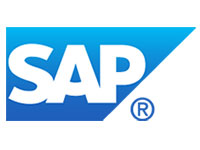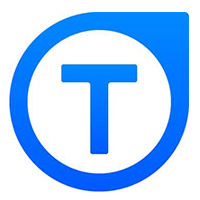
Oracle is replacing the IBM tech stack that has supported the Siebel OnDemand application with, not surprisingly, its own tech stack, according to statements made by executive vice president Charles Phillips during a recent conference call.
Before its acquisition by Oracle, Siebel had a close relationship with IBM, Oracle’s main database rival. Those ties were exemplified by the appointment of Michael Lawrie, a senior executive at IBM, as Siebel CEO a few years ago.
When Oracle first announced it was acquiring Siebel, there was much speculation about how strenuously it would work to support IBM’s technology.
Oracle is unlikely to refuse outright to support enterprise software customers that use DB2, given the outrage such a move would generate. Switching from IBM’s managed service environment to Oracle’s, however, is another story as it is likely to have little impact on end-users’ daily operations.
Not Making Waves
In the near term, users may see no discernible difference at all. A switchover may take some time, Wayne Kernochan, principal of Infostructure Associates, told CRM Buyer, “and Oracle will not want to annoy its Siebel customers. Oracle has a long experience of supporting users of other infrastructure, including databases.”
Performance issues that would be of immediate concern to users would center around availability and scalability, according to Sheryl Kingstone, a Yankee Group analyst. Oracle is not likely to let the former slip, she told CRM Buyer — and it has already proven itself with the latter.
“Salesforce.com is on Oracle, and it clearly has no problems with scale,” she pointed out.
“Oracle was designed for very large scale implementations,” Kernochan agreed. “It is highly scalable when tuned correctly.”
Long-Term Issues
End-users might notice a difference in performance over the long run, Kernochan said, but this eventually would be resolved as well.
“A lot will have to do with how dependent Siebel OnDemand was on DB2,” he noted. “The differences between databases are often underestimated.”
For instance, he said, Oracle and IBM have different approaches to optimization, “so it is possible some customers might see an impact on performance.”
Another point to keep in mind, Kernochan suggested, is that because Oracle is so scalable, it tends to require more administration — and those higher costs could possibly filter down to the end-user.
Anecdotally, he said, it does appear that IBM’s administrative costs are, in general, lower than Oracle’s.






















































Social CRM
See all Social CRM